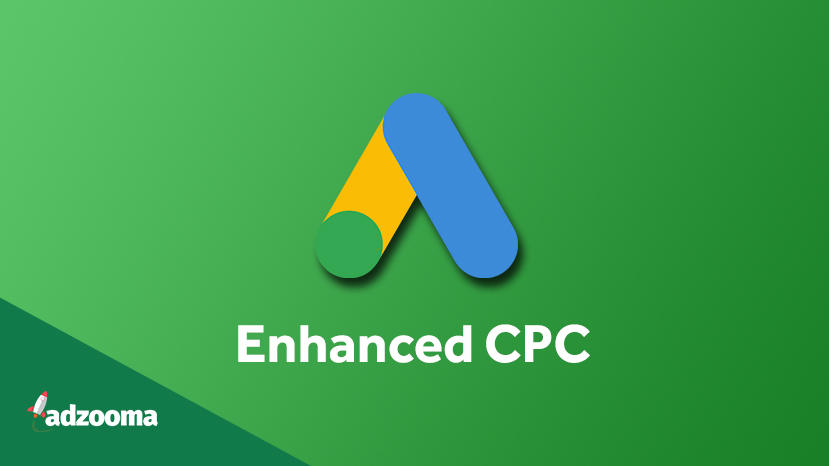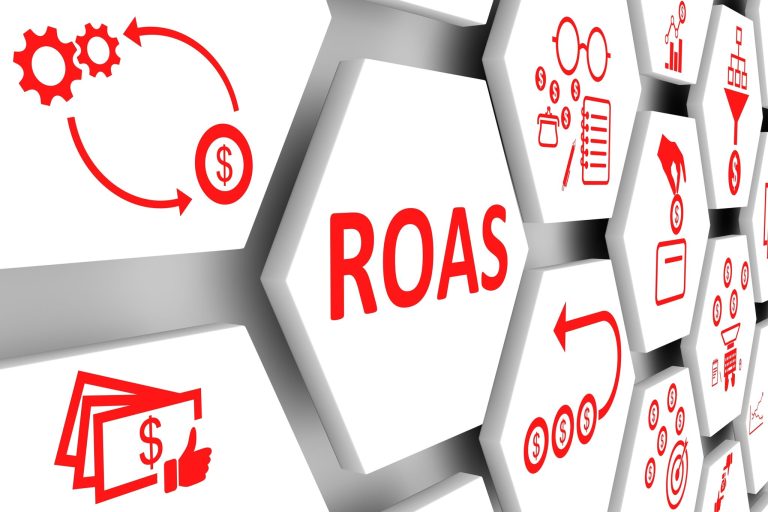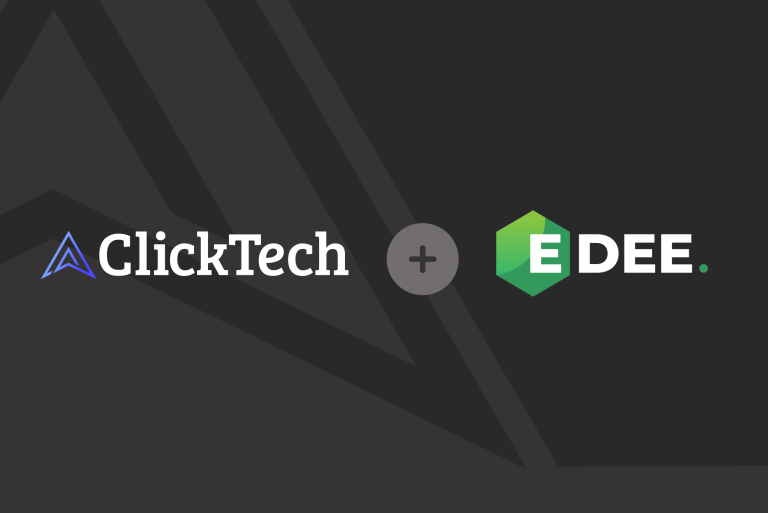One of the best strategies to get more conversions is enhanced cost-per-click (or ECPC for short).
In this article, we’ll look at what ECPC is, why it’s important, and how it works with other features and strategies within the Google Ads platform.
What Is Enhanced CPC? (ECPC)
Enhanced CPC (ECPC) is one of many bidding strategies that you can use to adjust your cost per click, and ultimately, maximize conversions. It works by raising your manual bids in any situation that seems likely to lead to another salt or conversion. It also lowers your bid that seems less likely to lead to this outcome.
If you want a limited degree of Smart Bidding, you can test ECPC with third-party bidding systems which will give you what you’re looking for.
Every time you use ECPC, you will be giving Google partial control of your keyword bids. Google then uses what you provide to raise and lower your bids automatically based on their calculations. To optimise your bids, it uses signals such as:
- Browser
- Location
- Time of day
This all happens within your max CPC restrictions.
Benefits of ECPC
ECPC has a variety of benefits for any Google Ads campaign, whether it’s a Display, Hotel or Shopping campaign. Here are a few:
1. Increasing conversions
The greatest benefit of ECPC is that it helps to increase conversions, without having to increase your overall spend by a substantial amount. In turn, you end up with a bigger profit margin, without having to run CPC manually.
Note: using ECPC does not guarantee more conversions. If you find that ECPC doesn’t work for you, try an alternative strategy.
2. More knowledge of Google Ads
Because ECPC is a partially automated system, it gives you some good practice and some knowledge of how the systems work. It will help you to achieve your business goal while giving you control of your bids.
3. ECPC is a good temporary strategy
If your campaign currently has a low volume of conversion data, you might not be able to use any of other Smart Bidding strategies such as Target ROAS which is where ECPC is so useful. Different systems have different requirements for the amount of data needed, and if you don’t have the right amount to hand, it won’t work for you. Smart bidding systems will make their calculations using data that you have accumulated, meaning that the more data you have, the more accurate the calculation will be. This is where ECPC comes in. You can use it temporarily to before opting for an alternative, more permanent strategy.
How to calculate ECPC
Once the campaign has finished, the ad costs are divided by the actual clicks. So, if the ad costs $2,000 and there were 10,000 clicks, you divide $2,000 by 10,000 and the ECPC is $0.20.
How ECPC works with other Google Ads features
Conversion tracking
To use ECPC, you need to have conversion tracking enabled.
When you use Google Ads, the system starts to look for patterns of clicks and conversions. Then it will compare them to the results that your business has seen. If it seems like a specific location has more sales, the Google Ads platform will know about it. Then, you can use ECPC to improve the conversion rate where your company is not doing so well. Keep in mind that if you are tracking sales, then it is best to count every conversion, but if you’re tracking leads, then one conversion per ad click will work. While you don’t need conversion tracking to be able to use ECPC, it will help you to see whether your ads are effective or not.
When it comes to conversion value, the ECPC adjusts your bid each time it appears. This is based on how likely the click will lead to a conversion. When you are using conversion tracking, you can let all conversions have different values, or give them all the same value. Some conversions are worth more to your business than others, and ECPC helps to maximize the value of each conversion which is why you need to know the cost as well as be tracking each one.
Split testing
Google Ads also allows you to perform a split test, or as it is commonly known, A/B testing. It lets you compare two different versions of a web page to figure out which of the two works better. Using a split test is simply another way that you can boost your conversions, which is what ECPC is for. When these two work together, you will be able to get the highest number of conversions possible.
Dynamic search ads
Another feature that ECPC can work with is dynamic search ads. This feature will use Google’s web crawling technology to be able to find and target relevant search queries all based on a website’s content. They can help when it comes to filling in gaps in keyword campaigns, which will give a better return on investment. When coupled with ECPC, you can enhance your campaign on both fronts, boosting your ROI and also, hopefully, boosting conversions along the way.
Summary
If you don’t have the time to handle your CPC bids manually, then ECPC could be worth checking out as a temporary solution. It can be beneficial for advertisers who do not have sufficient conversion data to use any of the other smart bidding strategies for this particular campaign. Define the conversions correctly and keep an eye on what’s going on. That way, you’ll get the most out of an ECPC strategy.




